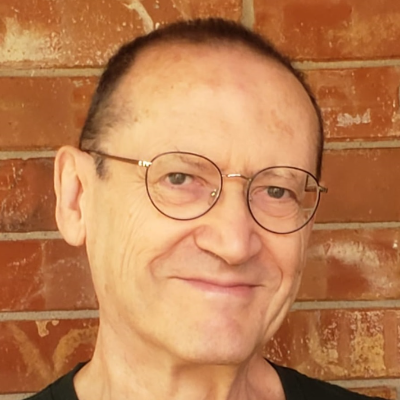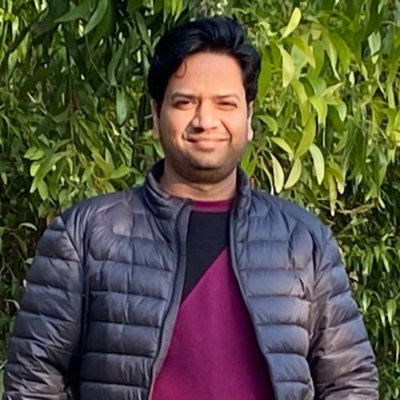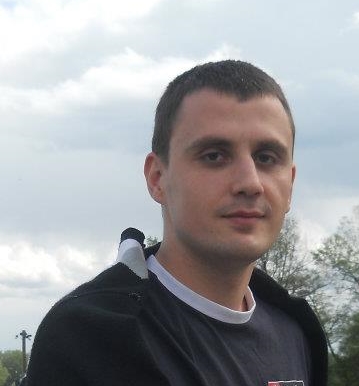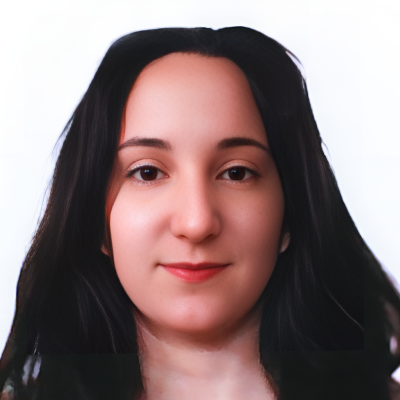Quantum Chemistry
Homework Help & Tutoring
We offer an array of different online Quantum Chemistry tutors, all of whom are advanced in their fields and highly qualified to instruct you.
Quantum Chemistry
What is Quantum Chemistry?
Quantum Chemistry or molecular quantum mechanics is a science concerned with researching chemical systems and applying quantum mechanics principles in physical modes. Quantum chemistry combines both theoretical and experimental models to obtain information on energy quantization on a molecular level. Some of the most used methods in quantum chemistry include spectroscopy, nuclear magnetic resonance spectroscopy, infra-red spectroscopy and scanning probe microscopy.
Quantum chemistry studies chemical phenomena through applying computation chemistry methods and quantum theory on atoms and molecules. It relies heavily on different computerized software solutions that perform complex calculations of calculating the discrete energy of ground, excited, and transition states of atoms and molecules during chemical processes.
A Brief History of Quantum Theory
The end of the 19th century marked the beginning of the most fruitful period of physics research the world saw thus far. Researchers were finally starting to discover some of the fundamental principles that underlie the majority of physical processes that occur in nature. During this period, scientists generally believed that the whole world consists of two kingdoms: an electromagnetic wave kingdom and the kingdom of particles. One of the pioneers who researched the nature of particles was a British scientist called Sir Isaac Newton who described the motion of particles in his simple and universal theories which are still studied today. Addressing the other theory was a Scottish researcher named James Clerk Maxwell, who produced accurate, elegant and straightforward equations that described electromagnetic waves.
The extensive research and reported findings led the world to believe that there were no new concepts and phenomena left to discover. However, this view did not stop young Max Planck from deepening his interest in something that he found very strange- the black hole radiation. Planck’s discoveries related to the photoelectric effect. This, along with his attempts to solve the mysteries of atomic spectra, opened a whole new world of potential discoveries in the fields of physics, chemistry and many other related sciences. The researchers soon designed and proposed the theoretical foundations of the quantum theory which is believed to be one of the most revolutionary, innovative, influential, and successful theories ever described by humankind.
What is Black Body Radiation?
Max Planck became a German physicist and Nobel prize winner and was very much interested in solving the mysteries of black-body radiation. To understand the concept of black- bodies easier, researchers sometimes describe it using a box with a small hole model. When the box is heated up to a fixed temperature, the system reaches a stationary state and emits electromagnetic radiation out of the small hole. The intensity of this radiation depends on the function of frequency. At the beginning of the 20th century, two scientists named Rayleigh and Jeans studied this model by applying classical mechanic principles. They discovered that the electromagnetic radiation coming out of the box is distributed at different frequencies. Their experiment also showed that the frequency also intensifies the intensity of waves resulting in an absurd conclusion that is known as the ultraviolet catastrophe. These finding seemed almost absurd at the time of their discovery as they appeared to contradict accepted classical theory of the time. To understand these findings, it is essential to understand that the intensity distribution has one maximum (at given frequency) at a given temperature. This single maximum should move towards higher frequencies as the temperature increases, which is what happens with heated iron, for example. An iron bar headed to 500 oC appears red, but when its temperature rises to 1000 oC it begins to blush.
Although Rayleigh and Jeans did, Planck could not derive this simple qualitative picture from classical theory. He therefore made efforts to get to the core of the problem and propose a model that could better explain the nature of energy. Planck’s work resulted in his presentation of the theoretical results of his experiments involving the black-body, treated as an ensemble of harmonic oscillators, on December 14, 1900. This date is officially recognised as the birth date of quantum theory. Planck’s theory suggested that matter can only emit radiation in equal portions called quanta (hence the name quantum theory). The energy of a quantum is proportionate to a single oscillator frequency within the black-body.
There is some overlap between the areas of quantum chemistry and quantum physics in that quantum chemistry is focused on the quantum mechanics of atoms and molecules, whereas quantum physics is a much broader academic area.
A terrific (and free) online course in quantum chemistry can be found at MITs OpenCourseWare titled Advanced Chemical Experimentation and Instrumentation.
References
Cook, D. B. (2012). Quantum chemistry: a unified approach / David B. Cook. London: Imperial College Press; Singapore: Hackensack, NJ : Distributed by World Scientific Pub., 2012.
Levine, I. N. (2009). Quantum chemistry / Ira N. Levine. Upper Saddle River, N.J.: Pearson/Prentice Hall, c2009.
Neese, F. (2017). Quantum chemistry and EPR parameters. Blackwell Publishing Ltd. doi:10.1002/9780470034590.emrstm1505
Piela, L. (2013). Ideas of Quantum Chemistry. Amsterdam: Elsevier.
To fulfill our tutoring mission of online education, our college homework help and online tutoring centers are standing by 24/7, ready to assist college students who need homework help with all aspects of quantum chemistry. Our chemistry tutors can help with all your projects, large or small, and we challenge you to find better online quantum chemistry tutoring anywhere.
College Quantum Chemistry Homework Help
Since we have tutors in all Quantum Chemistry related topics, we can provide a range of different services. Our online Quantum Chemistry tutors will:
- Provide specific insight for homework assignments.
- Review broad conceptual ideas and chapters.
- Simplify complex topics into digestible pieces of information.
- Answer any Quantum Chemistry related questions.
- Tailor instruction to fit your style of learning.
With these capabilities, our college Quantum Chemistry tutors will give you the tools you need to gain a comprehensive knowledge of Quantum Chemistry you can use in future courses.
24HourAnswers Online Quantum Chemistry Tutors
Our tutors are just as dedicated to your success in class as you are, so they are available around the clock to assist you with questions, homework, exam preparation and any Quantum Chemistry related assignments you need extra help completing.
In addition to gaining access to highly qualified tutors, you'll also strengthen your confidence level in the classroom when you work with us. This newfound confidence will allow you to apply your Quantum Chemistry knowledge in future courses and keep your education progressing smoothly.
Because our college Quantum Chemistry tutors are fully remote, seeking their help is easy. Rather than spend valuable time trying to find a local Quantum Chemistry tutor you can trust, just call on our tutors whenever you need them without any conflicting schedules getting in the way.






